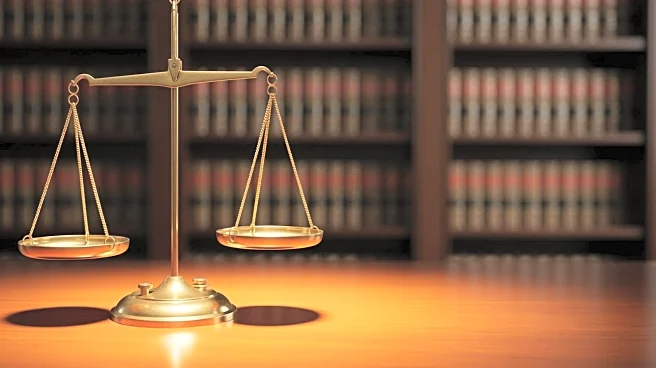What's Happening?
The Ninth Circuit Court has issued a decision in United States v. Olivas, which builds upon the Supreme Court's ruling in Diaz v. the United States. This case addresses the interpretation of Federal Rule
of Evidence 704(b), which restricts expert witnesses from testifying about a defendant's mental state in criminal cases. The recent ruling provides further clarification and serves as a cautionary tale for defense attorneys. The decision emphasizes the limitations on expert testimony regarding a defendant's mental condition, potentially impacting how defense strategies are formulated in future cases.
Why It's Important?
This ruling is significant for the legal community, particularly for defense attorneys who rely on expert testimony to support their cases. By clarifying the scope of permissible expert testimony, the Ninth Circuit's decision could influence the strategies employed in criminal defense, potentially affecting the outcomes of trials. The ruling underscores the importance of understanding the nuances of evidence rules and their application in court, which can have profound implications for defendants' rights and the fairness of trials. Legal professionals must stay informed about such developments to effectively navigate the complexities of criminal law.









